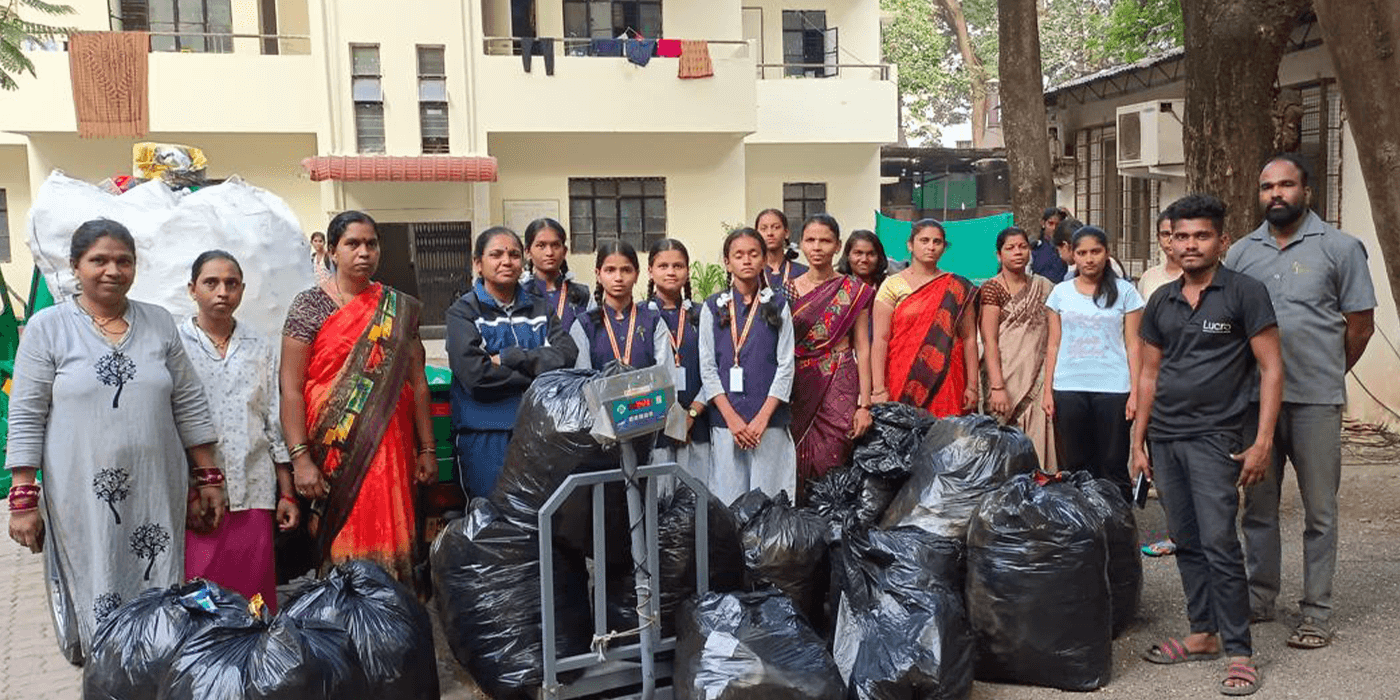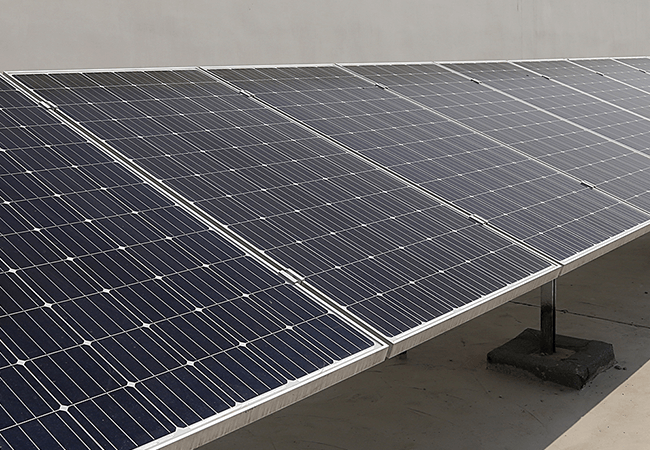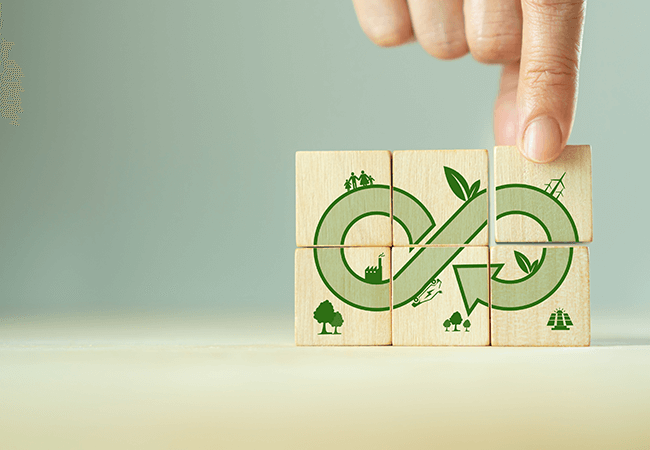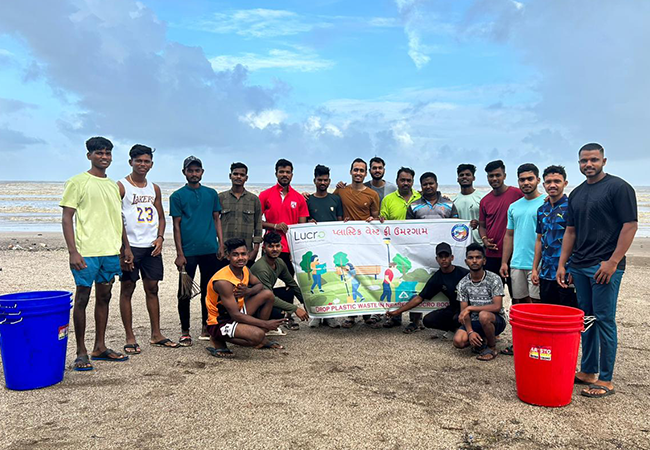Prioritizing People: How citizen engagement is Empowering Communities in Tier-3 Cities
In many tier-3 cities across Gujarat and Maharashtra, a quiet yet powerful shift is taking place. We’re not just thinking about cleaning up waste today, but are teaching people to rediscover the true value of what they throw away—something that was once deeply ingrained in Indian culture but has, over time, been forgotten. It’s about reconnecting people—adults and children alike—with the heart of environmental change, reminding them that every piece of waste holds a story.
We’re asking them to be more mindful of what they discard, to be aware of how they do it, keeping in mind that someone will be sorting through it later. It’s about teaching them to think twice before tossing something in the bin, understanding that their actions matter not just for their household, but for the people who handle the waste afterward. It’s a call to bring back the respect for resources, to teach the next generation that waste isn’t just something to be thrown away—it’s something that, with care, can be transformed into something new.
Lucro Plastecycle’s Deposit Return System (DRS) offers a fresh approach that goes beyond traditional waste collection. Unlike conventional systems that often ignore flexible plastics—like snack wrappers, milk pouches, and bread bags—Lucro’s method recognizes the value in every piece of discarded plastic. Residents are encouraged to bring in their household plastic waste to local collection booths and are instantly rewarded through digital payments.
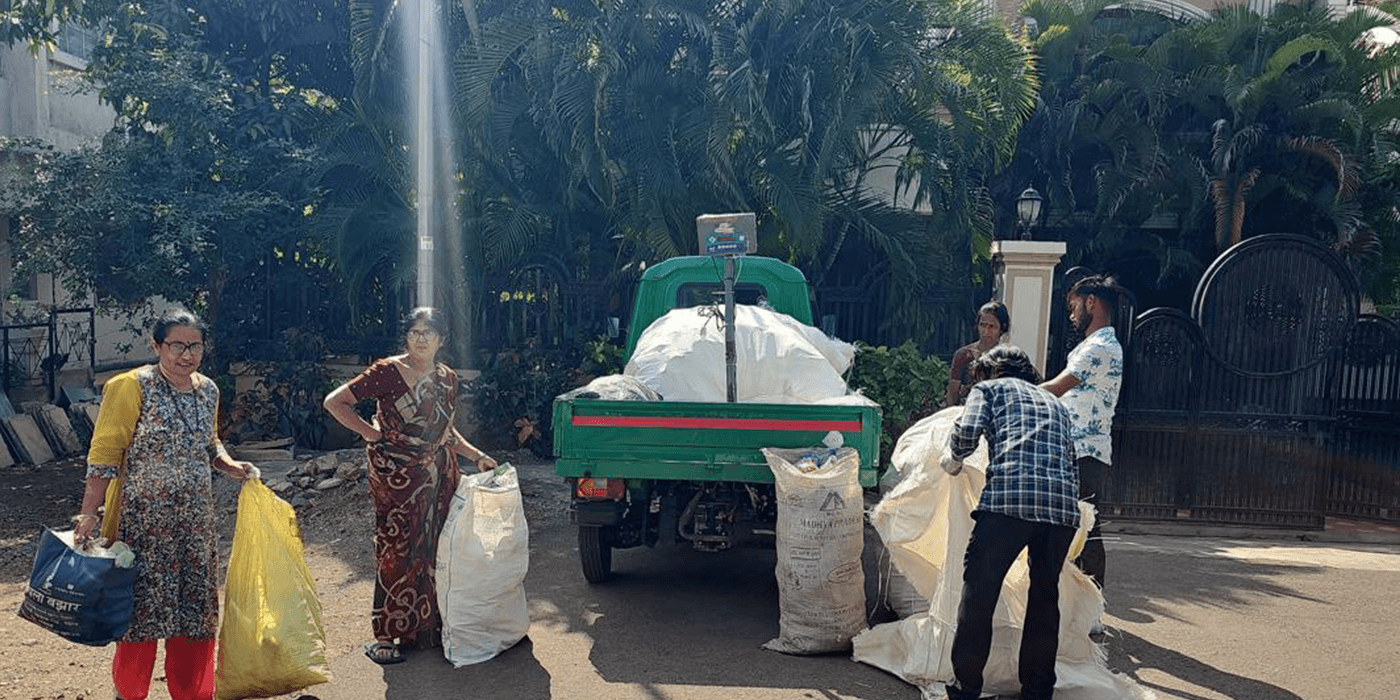
But what makes this initiative truly special is its human touch. These collection points aren’t just drop-off zones—they’re hubs for conversation and learning. Every person who walks in is gently introduced to the basics of proper segregation, and slowly, behavior begins to shift. Waste becomes a resource. A problem becomes a possibility.
To build trust and long-term change, teams on the ground go door-to-door, speaking with families about the importance of keeping dry and wet waste separate, of cleaning milk pouches before discarding them, and of storing plastic waste safely. These house visits are not just about giving instructions—they are about listening, understanding daily habits, and finding small ways to make better segregation feel doable. It’s community outreach, yes—but more than that, it’s a relationship built over time.
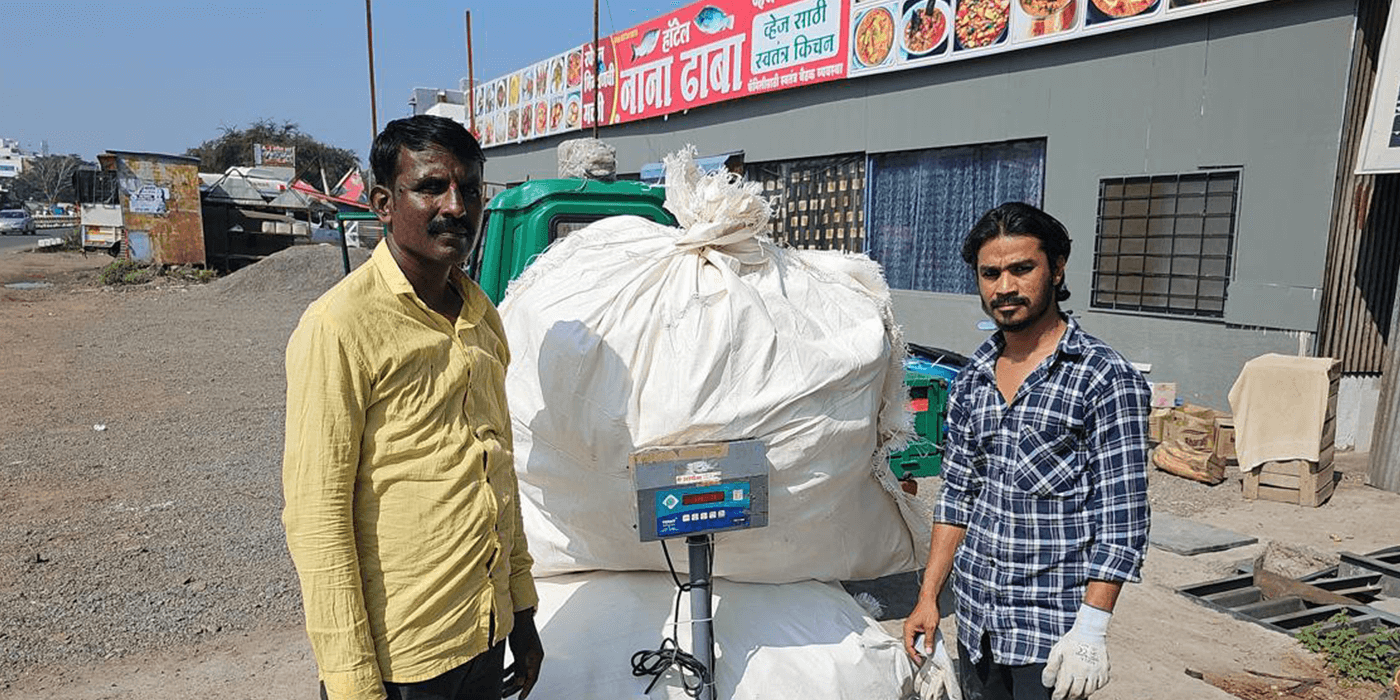
Behind the scenes, waste pickers at local sorting centers—called Avkaar Kendras—sort the collected material. Their work is essential, and for many, it’s the first time their contribution to sustainability is formally recognized. Lucro then recycles this sorted plastic into packaging materials, breathing new life into waste that would otherwise end up in incinerators or landfills. Serving tens of thousands of households, the initiative is proving that direct collection—when paired with education and community trust—can be a game changer.
It’s not without its challenges. Contamination and improper segregation remain major hurdles. But with grassroots education, house-to-house awareness efforts, and consistent engagement, Lucro is tackling the problem head-on.
In towns that are often left behind in India’s waste management conversation, this approach is proving that real impact happens when we prioritize people. It’s a hopeful reminder: change doesn’t have to be loud to be powerful. Sometimes, it begins with a small act—a plastic wrapper returned, a conversation sparked, a life uplifted.
Why This Work Matters
This isn’t just about collecting waste. It’s about how we do it. It’s about ensuring that the people who are closest to the problem are also central to the solution. Direct collection from safai saathis ensures that waste is not only removed efficiently, but with care and compassion. It closes the loop in a way that is human, ethical, and inclusive. It allows brands and recyclers to connect meaningfully with the ground realities — not through performative partnerships, but through action that changes lives. And it tells every single person at the last mile — the people who work closest to the waste — that they are part of the change, not a casualty of it.
Working with safai saathis isn’t just about waste. It’s about people. It’s about protecting children, empowering parents, and ensuring that no one is left behind in the journey toward sustainability.
Because real change doesn’t come from fancy tech or big speeches. It starts in a shaded shed in Baramati, with a safai saathi holding a handful of flexible plastic — and knowing it finally has a place in the world.
And so does she.

